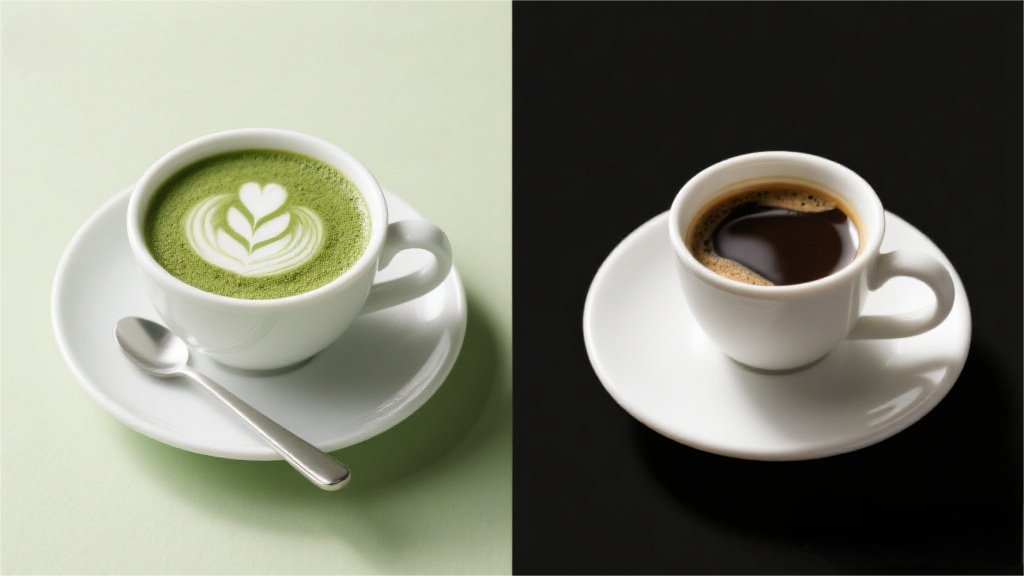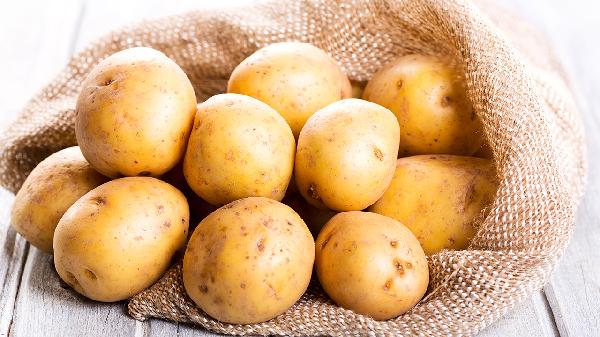When it comes to choosing between a pellet grill and a gas grill, the decision isn’t just about flavor—it’s about what fits your BBQ style and health goals. Pellet grills are known for their smoky, wood-fired flavor and versatility, while gas grills offer convenience and precision. But which one is better for your health? Let’s break it down so you can fire up the grill with confidence.

Pellet grills are the new kids on the BBQ block, and they’ve been making waves for their ability to infuse food with that authentic smoky flavor. These grills use wood pellets as fuel, which means you’re cooking with natural, unprocessed materials. Unlike charcoal or gas, wood pellets don’t release harmful chemicals like benzene or formaldehyde when burned, making them a healthier option for grilling.
Another health perk? Pellet grills are designed to cook at consistent, low temperatures, which reduces the risk of charring your food. Charred meats can contain carcinogens like heterocyclic amines (HCAs) and polycyclic aromatic hydrocarbons (PAHs), so the ability to cook slowly and evenly is a big win for your health. Plus, the smoky flavor means you can cut back on heavy sauces and marinades, which are often loaded with sugar and sodium.
Gas grills are the go-to for many BBQ enthusiasts because they’re quick, easy, and reliable. With just the turn of a knob, you can control the temperature with precision, which is great for avoiding overcooking or undercooking your food. This control also helps reduce the formation of HCAs and PAHs, as you’re less likely to char your food compared to traditional charcoal grills.
From a health perspective, gas grills are a solid choice because they burn cleaner than charcoal. Propane and natural gas produce fewer pollutants, which means you’re not inhaling as many harmful fumes while you cook. Plus, the convenience factor can’t be ignored—when you’re short on time, a gas grill lets you whip up a healthy meal without the hassle of lighting and maintaining a fire.
If you’re all about that smoky flavor, a pellet grill is hard to beat. The wood pellets come in a variety of flavors—like hickory, mesquite, and applewood—so you can experiment with different tastes while keeping your meals healthy. On the flip side, gas grills might not deliver the same depth of flavor, but they make up for it with their ability to cook lean proteins and veggies quickly and evenly.
When it comes to health, both grills have their strengths. Pellet grills shine with their natural fuel source and low-temperature cooking, while gas grills offer cleaner burning and precise temperature control. The key is to balance flavor and health based on your preferences and lifestyle.
Regardless of whether you choose a pellet or gas grill, there are a few tips to keep your BBQ sessions healthy. First, marinate your meats—studies show that marinades with herbs, spices, and acidic ingredients like lemon juice or vinegar can reduce the formation of harmful compounds. Second, trim excess fat from your meats to prevent flare-ups, which can lead to charring. Finally, load up on veggies—they’re packed with nutrients and don’t produce HCAs or PAHs when grilled.
At the end of the day, the best grill for you depends on your BBQ style and health goals. If you’re after smoky flavor and don’t mind a bit of extra effort, a pellet grill is a fantastic choice. If convenience and precision are your priorities, a gas grill has you covered. Either way, with a few smart grilling practices, you can enjoy delicious, healthy meals straight from the grill.
























